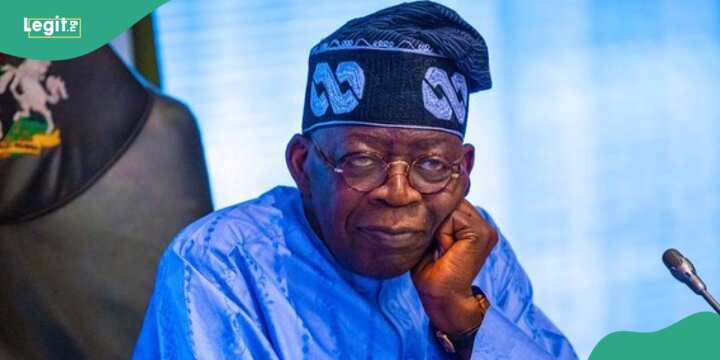In October, German Chancellor Scholz will travel to Nigeria.
Indian PM invites collaboration for the development of blue-chip fintech
President Bola Tinubu met privately with the presidents of Germany, South Korea, and the host nation, India, as the 18th G-20 Summit came to an end on Sunday.
They are Indian Prime Minister Narendra Modi, South Korean President Yoon Suk Yeol, and German Chancellor Olaf Scholz.
In his economic development diplomacy drive for local investment and wealth creation, the three countries have been recognized as significant partners, according to a statement released on Sunday by Ajuri Ngelale, the president’s special adviser on media and publicity.
President Tinubu meets formally with three important counterparts in economic development diplomacy and moves toward concrete next steps in bilateral ties, according to the statement.
The President’s day started with a meeting with the Chancellor of Germany, the continent’s largest economy.
Ngelale stated that meeting Scholz offered a special chance to strengthen economic ties between Nigerians while taking a practical approach to ensuring the successful execution of agreements reached.
“It is not just an issue of developing the financial framework for an extended economic collaboration,” Tinubu said to the German helmsman.
“It is also about the pragmatic alignment of your large-scale manufacturers’ viewpoints with the reality of the new incentives my government is putting in place for them to come and succeed across many value chains and industries inside of our country,” said the president.
The German Chancellor responded to Tinubu’s proposal’s economic emphasis by recognizing the shared benefits of a strengthening of business ties with Nigeria.
“Thank you, Mr. President, for this crucial discussion. I can see the value in this chance to strengthen our business ties. Our businesses have a history in Nigeria, and your market is distinctive.
“We appreciate the measures you’ve implemented that are beneficial to business.
The German leader said, “I am glad to inform you of my wish to visit you in Nigeria in October, which would enable us to take forward these projects.
After the President granted the Chancellor’s request to visit, Tinubu continued his talks with the president of South Korea, the fourth-largest economy in Asia.
President Yeol praised the President for demonstrating regional leadership in safeguarding democratic principles and standards.
Following the amicable handover of power from your predecessor to you, “I wish to applaud your outstanding leadership, and we see a stable country in West Africa that is gaining in stature,” he remarked.
As he responded, Tinubu directed the discussion towards his economic priorities while putting out suggestions for a stronger South Korean presence in Nigeria’s domestic manufacturing industry.
We won’t leave anything hanging, he reaffirmed. We’ll put our agreements in writing and carry them out.
“We will work with you step-by-step to acquire quickly enforceable Memoranda of Understanding across partnering sectors that will involve the active involvement of your top enterprises, not just in terms of Nigerian consumption, but in local Nigerian production, from telecommunications to technology, and oil & gas,” the company said.
While pointing out that South Korean investors are particularly interested in Nigeria’s energy, technology, and education sectors, Yeol pledged to mobilize his business community to take advantage of fresh incentives for local industry in Nigeria.
President Tinubu wrapped off formal meetings at the G-20 with the Asian powerhouse and host nation, which had invited Nigeria to the G-20 Summit, when he visited Indian Prime Minister Narendra Modi. He then extended an invitation to the South Korean leader to visit Nigeria.
“There are a lot of things that our country can learn from the quick development that India has seen under your leadership.
In particular, there is more we can do to boost ICT innovation and the rise of blue chip fintech growth in Africa. “We see wonderful prospects amongst our nations across industries, such as agricultural development.
He said, “Nigeria has the native players who can lead it from the front.”
The visiting leader accepted the proposition for an economic alliance and thanked Tinubu for his invitation to come to Nigeria.
“Our teams must now remain in close contact to discuss our key areas of upscaled cooperation with respect to agricultural, defense industry capacity building, and even fintech expansion,” Modi said.
“I can see your dedication. We are confident that the UPI (Unified Payments Interface) holds enormous potential for Nigeria, and we’ll make sure to quickly unite and advance on these fronts.
Ajay Banga, the president of the World Bank, and Ursula von der Leyen, the president of the European Commission, were just a few of the leaders with whom Tinubu held serious, unofficial conversations.

